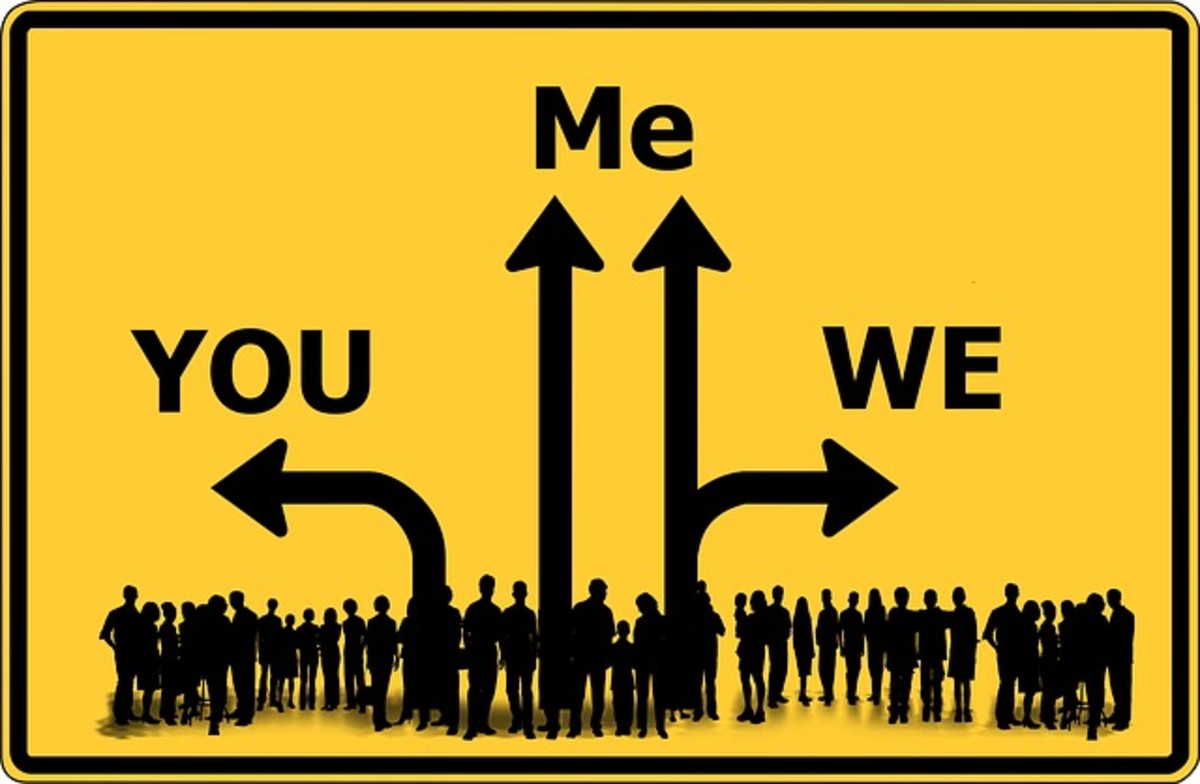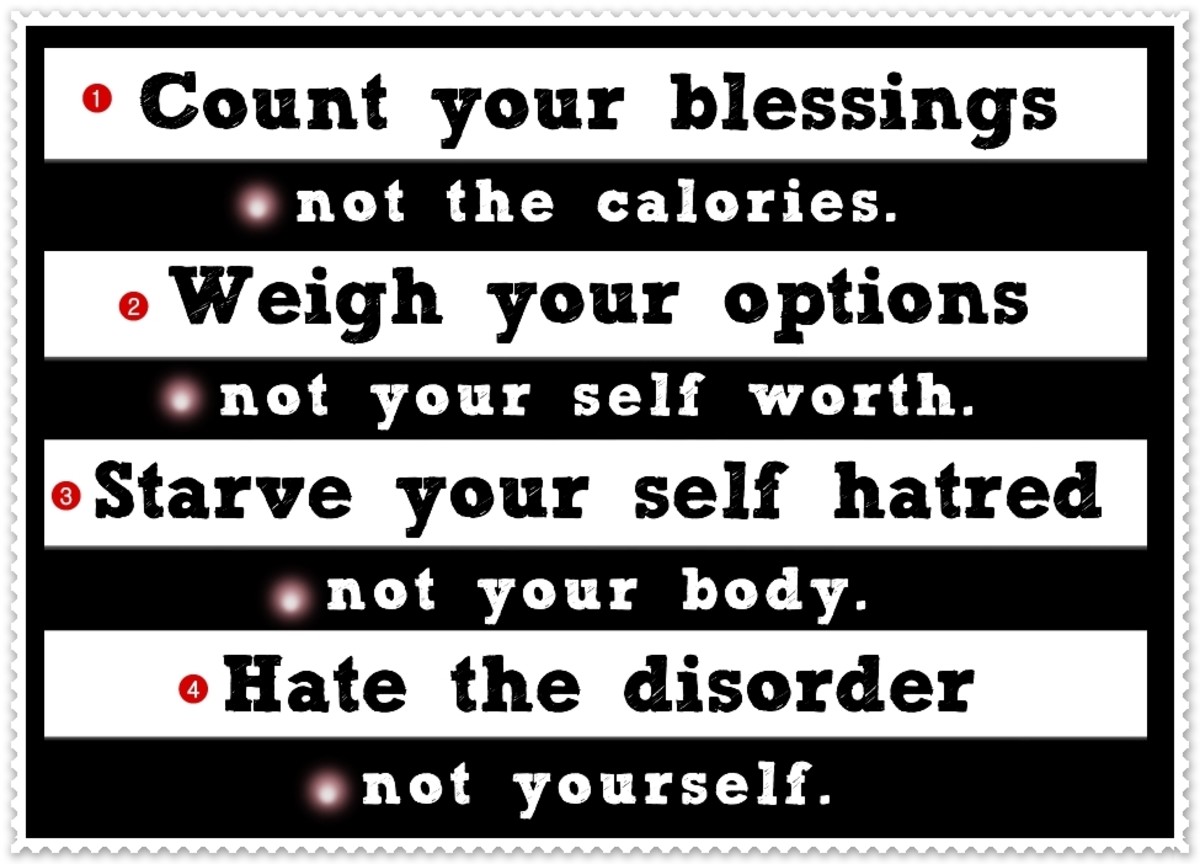Dealing with Manipulators at Work

First of all, what is manipulation? Does asking somebody else bring you lunch count make you a manipulator? But how do you feel if a person known for their manipulative actions asks you that kind of favor?
Of course, in reality manipulation is a lot more complicated than this simple example. A real manipulator seldom resorts to actually putting their need to words, instead they prefer playing with other's emotions – and that's also a main reason why manipulation has to be fought with.
The hard part is that a typical manipulator might not even realize they're manipulating others. For them it might be the most obvious thing to use manipulative techniques such as calculated show of emotions, neatly placed sighs and seemingly innocent complains. The idea is to play on other's emotions that stem from our childhood. We all know the feelings of disappointing someone or being culprit of bad, in other words the embarrassment (as after having broken something) but also the feeling of inferiority. These are the earliest emotional traumas for which everyone has some kind of memory and we always work subconsciously to avoid feeling that way again.
Therefore when a collegue starts hinting that they are in unfair situation, we naturally feel obliged to reach out a hand to help out. This situation is problematic when those shows of emotion have been used without the real need. A manipulator might exaggerate their hardship in order to gain an unfair advantage (for example in commission-based work environment a manipulator might try to find ways to refrain from doing chores or anything else to spend more time on the sales floor, while others do their part).
The best counter-action is a positive attack where you insist the opposite of their exaggerated claim. They might tell you “oh, it's a slow day, I'm afraid on not making a single decent sale” even if they might have already have more successful sales than you on that day. My answer would simply be “If there's one person here who I don't worry about, it's you” (This is an example from a real life situation actually, and back then she really was the one person who I would never worry about, she'd make the sale even locked up all alone in our basement staff room)
Let's continue a bit with the same example. As said, a manipulator isn't necessarily evil, nor even conscient of their actions, that's exactly the case back then. Although I think she had calculated a bit what to say and when to say these things, it wasn't to destabilize her collegues. Nevertheless, her goal was to make you step back and watch her welcome the next customer. Through my friendly, but firm positive counter-attack I could effectively turn the tables and make her make some room for me.

Have you heard of emotional intelligence? I sincerely suggest you research emotional intelligence because in my eyes it's just a prettier way of calling manipulation. You will hardly ever see a manipulator coldly threatening you (I doubt it would be good manipulator, because this is too easily turned against them, most easily with simple truth). A lot more successful way is to make people think and act as you wish through positive insertion and the good in general, and by the way, did you notice how the last phrase sounds exactly like something straight off the back cover of an emotional intelligence book?
Because manipulating is simply so common in our society, at the workplace (where it's dangerous for obvious reasons – your career opportunities, your income all are in danger) but also at home (most of manipulation allegedly takes place at home, but this time it's your psychological health that is under attack and that's far more serious because it would be coming from people you love), so what can we do about it? My suggestion is to learn about different techniques of counter-manipulation.
I have already mentioned the most effective mean of counter-manipulation, but you will find more quite a few interesting tricks such as the broken record (the patterns are so repeated that they have been assigned names) which is probably the most common of all techniques. Now what you will find interesting, in most sources it's the counter-attack while according to some sources it IS the manipulative technique.

And here is where the dog lies buried, fire in our relationships is often fought with fire. Because manipulation has become so important in our world, there really is no way to keep clear of it and be successful at the time. What you should concentrate on, is to use manipulation to protect yourself from mean manipulations. Refrain from manipulating other people, and you will simply feel better. The better you feel, the more people can relate to you and more easily you will find a common language. Now the idea behind unharmful manipulation is to get people to work together for a common goal rather than work together for one person's goal. In that way the perceived 'good' will be bigger and more sustainable.
Especially at the workplace, being effective does mean handling manipulators and being successful at countering them with your own techniques. The point is not to incite you to become a machiavelic plotter, but rather to remind everyone, know your value, do not let it be downplayed by born manipulators.
I am not an expert on psychology, but this is one of the subjects I deal with every single day as I work in commission-based work environment. I will be more than grateful for all kind of feedback.








